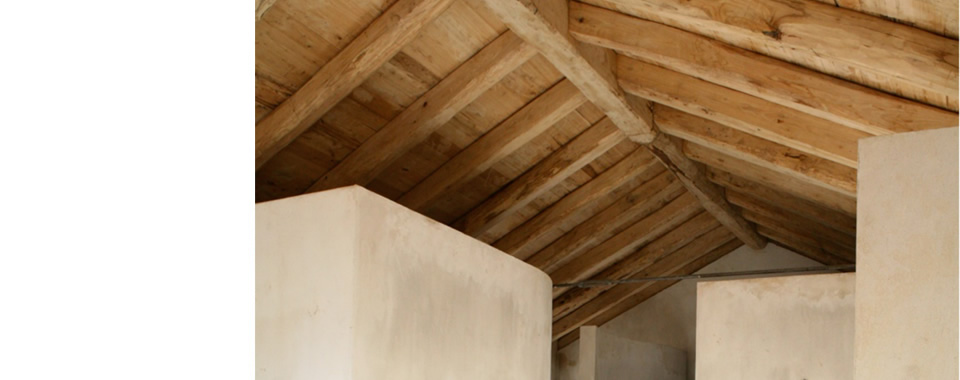

Score - Sustainable Construction in Rural and Fragile Areas for Energy efficiency
What is SCORE?
Sustainable Construction in Rural and Fragile Areas for Energy efficiency
SCORE will support the implementation of sustainable energy policies in the construction sector in fragile coastal and rural MED areas with exceptional landscape values, exploiting eco-innovative potential, using traditional building elements combined with innovative green technologies. The transnational cooperation will develop a benchlearning model, foster sustainable construction and create transferable innovative tools for energy-efficient building practices.
Objectives of the project
The objectives of SCORE are to provide effective strategies & tools to improve policy making and implementation for energy efficiency in the buildings sector.
These objectives will be achieved by:
- developing transferable innovative strategies through benchmarking & benchlearning and the development of a cost-benefit model that will allow the adoption of economically-viable solutions in new-builds, social housing & public retrofitting;
- disseminating sustainable practices using bio-architecture & innovative techniques and action plans that will allow mainstreaming into regional/national policy and capitalisation of results;
- exploiting the economic potential of traditional skills & resources in harmony with environmental standards through local bio-construction action plans/standards;
- enhancing MED heritage through the integration of traditional techniques with innovative approaches.
Project stages
The project will encompass three interlocking stages:
- case studies of eco-innovations in energy efficient building practices enhancing MED identity will be the basis for peer-learning. To foster replication, a joint audit and evaluation model to assess the sustainability and transferability of energy efficiency practices in the MED will be developed.
- the partners will develop standards to foster energy-efficient construction. An eco-construction tool will be jointly designed to take into account specific MED environmental, economic, social and aesthetic criteria and provide the basis for policy guidelines for integrated energy efficient territorial planning.
- The final stage will develop an integrated stakeholder-driven governance model through key stakeholder focus groups to establish guidelines for joined-up planning. Each partner will carry out local awareness raising actions and identify potential financial incentives to ensure long-term sustainability.
Expected results
- Adoption of a mix of new eco-technology & traditional techniques;
- The mix of multi-level key stakeholders for the joint development of a transferable audit and evaluation model and an agreed model for bio-housing certification as innovative tools for the implementation of energy efficiency strategies;
- An internet platform will allow transnational interaction for the key stakeholder focus groups in each partner territory in a virtual community, adding to the sustainability of the project and capitalising on experiences, creating a transnational added-value.
